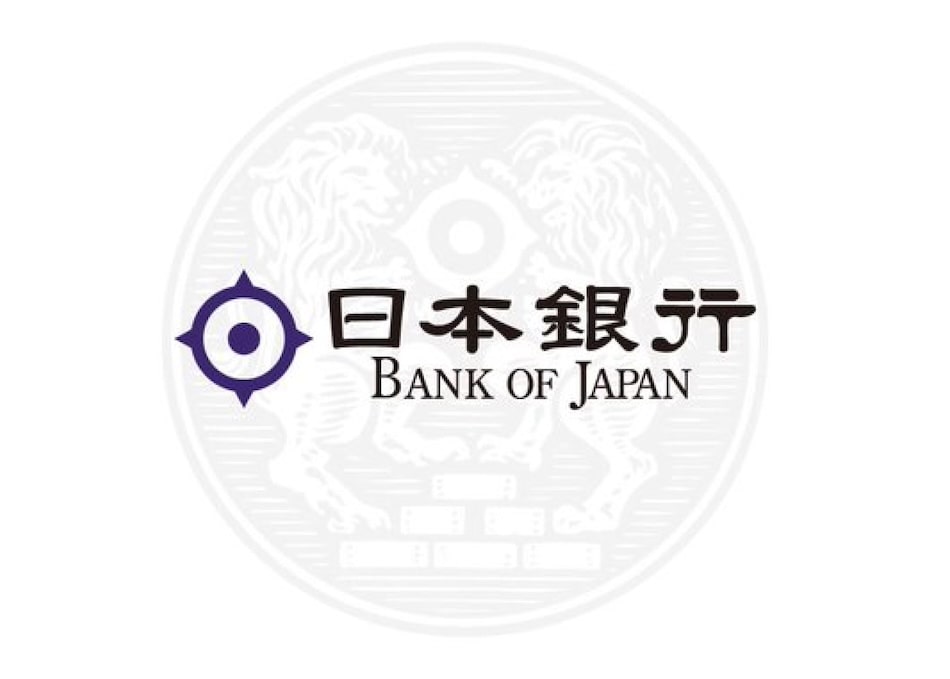
Key Takeaways
- MicroStrategy faces potential taxes on $19.3 billion in Bitcoin gains.
- The corporate alternative minimum tax imposes a 15% rate on large corporations' earnings.
- MicroStrategy and Coinbase are lobbying to exclude unrealized crypto gains from taxation.
MicroStrategy, the largest corporate holder of Bitcoin, may face federal taxes on its $19.3 billion in unrealized Bitcoin gains under the corporate alternative minimum tax (CAMT) established by the Inflation Reduction Act of 2022.
CAMT regulations
The CAMT imposes a 15% tax on the adjusted financial statement income (AFSI) of corporations with an average AFSI of at least $1 billion over three years.
This could apply to MicroStrategy’s massive Bitcoin holdings, despite the company not having sold any of its 450,000 BTC, which is currently valued at over $48 billion.
Industry opposition
MicroStrategy and Coinbase have actively opposed the CAMT regulations, urging the IRS and U.S. Treasury to exclude unrealized crypto gains from AFSI calculations.
In a joint letter dated January 3, 2025, the two firms argued that the regulation creates “unjust and unintended tax consequences” for corporations holding significant cryptocurrency assets.
Previous tax issues
This report follows MicroStrategy’s June 2024 agreement to settle a $40 million tax fraud lawsuit.
The company and its co-founder Michael Saylor were accused of evading taxes in the District of Columbia for over a decade.
Broader impact
In the broader crypto industry, U.S. tax laws are tightening.
Starting in 2025, centralized exchanges will report crypto transactions to the IRS, a move that has sparked concerns over privacy and compliance challenges.




